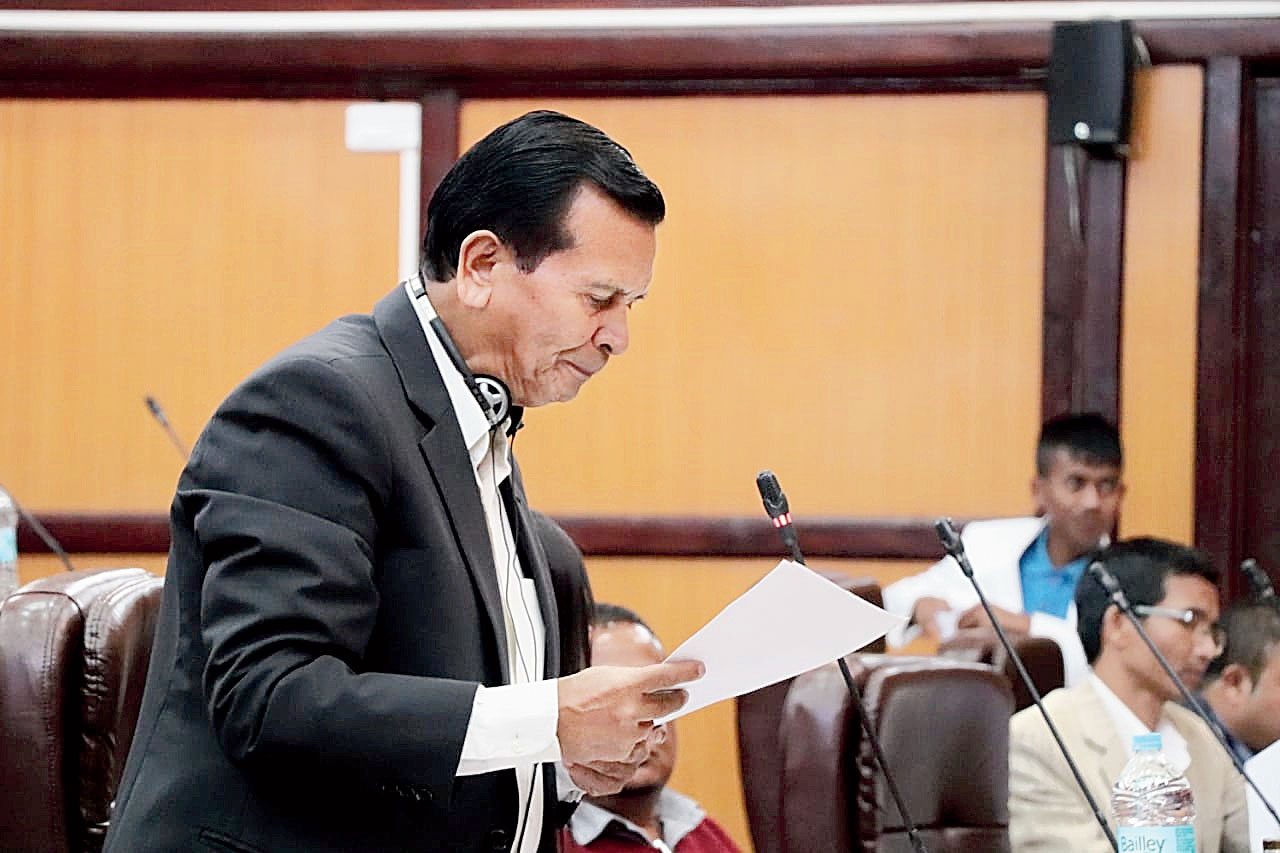The Khasi Hills Autonomous District Council (KHADC) in Meghalaya on Friday unanimously passed a legislation to implement the Inner-Line Permit (ILP) system where citizens from other parts of the country will require a permit to enter the council’s territory.
At the end of the two-day special session, the council gave its approval to the bill with slight modifications although chief minister Conrad K. Sangma has reportedly stated that the ILP is not within the council’s jurisdiction.
KHADC chief executive member H.S. Shylla told reporters, “Maybe the chief minister has not been informed about the letter sent by the state government to the three councils on the demand for ILP by the Hynniewtrep Youths’ Council. We have done what we were asked to. Maybe there is a communication gap between the bureaucrats and the chief minister.” He said the council would meet Sangma to apprise him of the legislation and the related issues.
On Thursday, Shylla had introduced the Khasi Hills Autonomous District (Inner Line as adapted from the Eastern Frontier Regulation, 1873) Regulation Bill, 2018.
However, the bill’s nomenclature has been amended and it will now be known as the Khasi Hills Autonomous District (As adapted from the Bengal Eastern Frontier Regulation, 1873) Regulation Bill, 2018.
Shylla informed the council that Section 7 of the legislation, which empowers the chief executive member to authorise the heads of local traditional institutions with the power to apprehend those who violate the regulation, has been scrapped.
The council had stated that the regulation was required in view of an “alarming situation” that has developed in the Khasi Hills autonomous district arising out of the implementation of the National Register of Citizens (NRC) in Assam, which resulted in “mass migration” of illegal immigrants.
While the Constitution has guaranteed free movement and residence within the territory of India, the council said it is limited by Article 19 (5), which provides for the imposition of reasonable restrictions by the state for the interest of the Scheduled Tribes.
The council will now have to submit the legislation to the state government for its consideration. The government will then forward the same to Governor Tathagata Roy for his assent.











